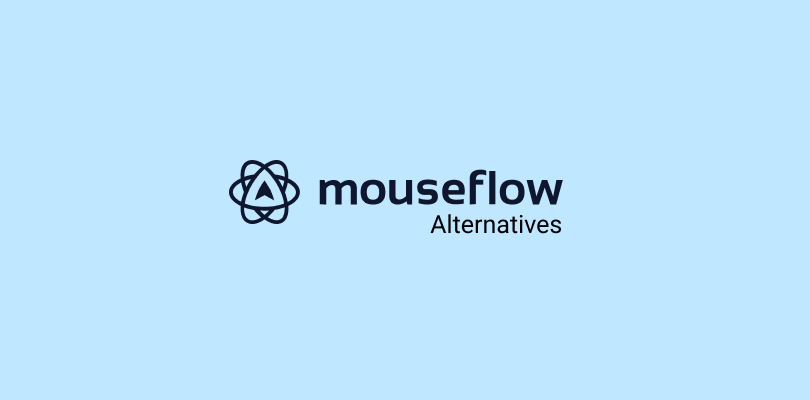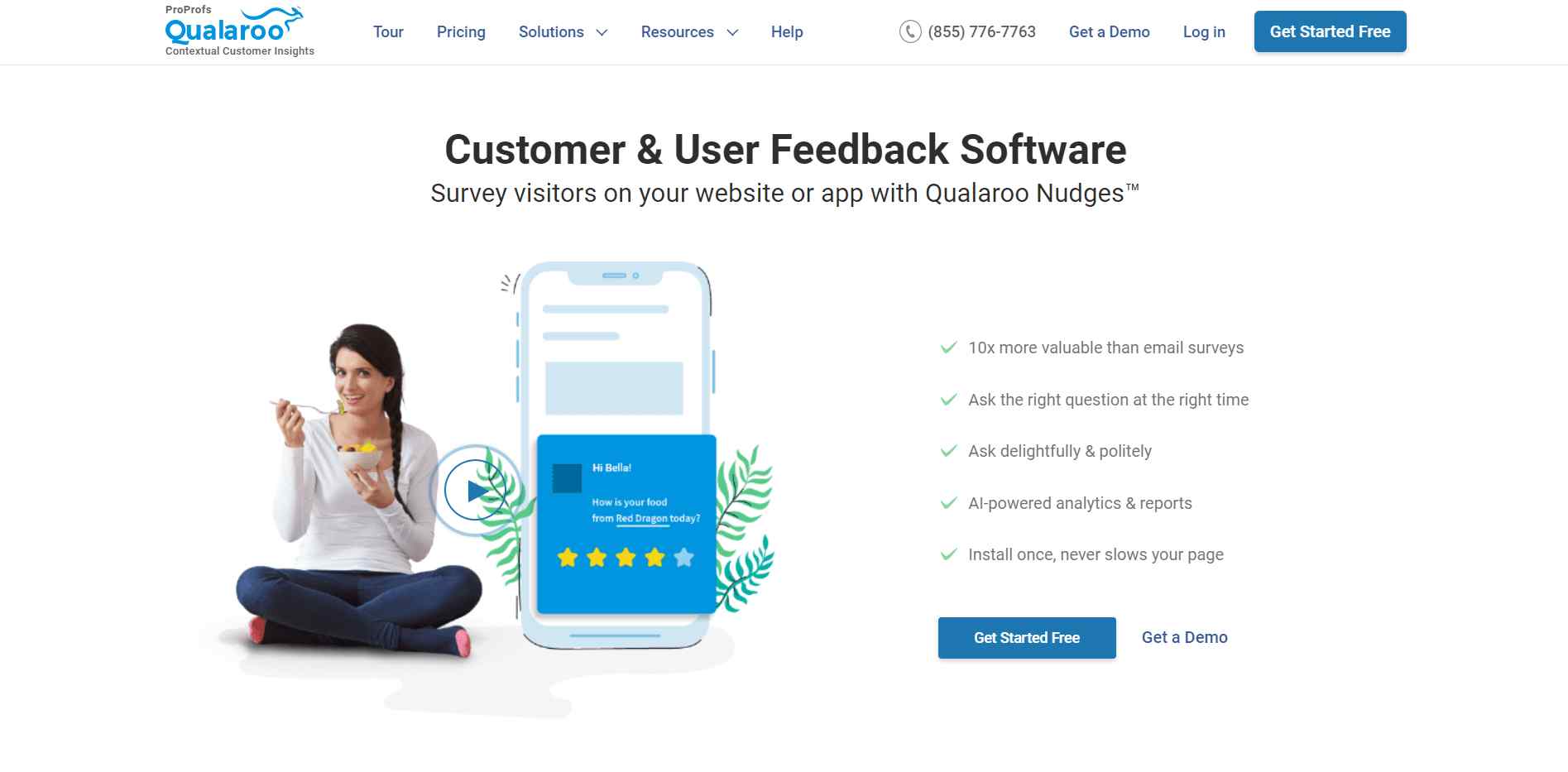Recently, Qualaroo CEO Sean Ellis chatted with Dr. Karl Blanks of Conversion Rate Experts in a webinar covering “Golden Questions” that reveal why visitors aren’t converting, as well as a new way of thinking about questions that helps you understand what to ask to get real insights. You should definitely listen to the whole webinar, but we’ve pulled a few of our favorite takeaways out into blog form. Enjoy!
Most businesses understand that both testing and surveying play key roles in conversion rate optimization. Often times, however, these businesses don’t see real gains because they’re not using these tools in the most effective ways. It’s not uncommon to see businesses testing tons of different page elements before ever identifying what it is that users actually want.
Even when companies do implement surveys to try and gain a better understanding of visitors, they frequently ask the wrong kinds of questions and thus don’t end up with much in the way of actionable insight.
Asking the Right Kinds of Questions
By contrast, understanding the visitor is central to conversion rate optimization. Conversion Rate Experts (CRE), who have worked with Google, Facebook, and others, started getting deep into finding out which questions matter to improve website performance.
How? By writing out around a hundred commonly-asked questions, which they then tested on a control group to see which ones resulted in the highest quality, most useful information. They also reverse engineered the process, so to speak, tracing the biggest optimization wins back to the original question that resulted in the insight that informed the optimization.
The Keys to Asking Questions that Move the Needle
-
Principle 1: It’s better to err on the side of asking too few questions than asking too many. — Lots of iterative, one question surveys are infinitely better than giant surveys that no one completes.
-
Principle 2: The only thing worse than not asking questions is to ask them and then do nothing with the responses. — If you’re asking questions, read the responses and then do something with them.
-
Principle 3: Ask the right questions. — How do you know which ones you should ask?
Surveys aren’t something you should do because everyone else is doing them and then forget about them. You should build different questions into a regular plan of gathering visitor intelligence.
Understanding Your Customers and Visitors
Each of us has different motivations, needs, and context when visiting a website. The same is true of your customers. Some are motivated to solve a problem, some are browsing—some came from an ad, others a blog post. It’s up to you to understand the context and needs of visitors in order to serve them and drive better results in the process.
Each element is a piece of the puzzle that leads to insights:
-
Where the prospect has been / where they are coming from.
-
The appeals for the user, what would persuade them if only present.
-
The most persuasive content on your site that people are being influenced by.
-
How do they perceive your positioning relative to your competitors.
-
Specific wording that appeals/speaks to them.
-
The objectionable (dull/boring/off-putting) content.
The “Golden Questions” are tools for throwing light on specific parts of your user’s motivations and needs. So asking questions is less about one answer, and more about uncovering the totality of the needs and motivations of your visitors. It’s not about asking yourself “Which questions should I ask?” but “Which areas of my visitors am I still blind to? Which questions are best at finding the motivations and drivers in that area?”
Who Should You Survey?
There’s one more concern to deal with before we talk about which questions to ask. And that is: who you ask is just as important as what you ask.
Your site gets three main types of visitors…
-
Qualified “Noes” — These are people who visit your site, are qualified (within your target market), but leave for one reason or another without converting. This group isn’t converting, but you want them to.
-
Customers Who Bought Moments Ago — These are people who have just checked out, and are conveniently located on a thank you page where you have their momentary attention.
-
Existing Customers — People who have bought from you or buy from you regularly.
So which is the best group to survey?
It might seem that the first group is the best to ask since you’re looking to remove barriers to conversion and these are the people who aren’t converting. Yet the second and third groups actually yield better insights. Why? Well, to start with, understanding the people who did buy allows you to tip the scales for people who didn’t.
But more so than that, the problem with the “noes” is that you can’t identify and isolate them. There’s no way to tell the difference between a qualified visit and an unqualified visit. In fact, CRE found that on average, more than 50% of your visitors may not be qualified in the first place.
Finally, the customers who bought moments ago still had concerns—they just overcame them. It’s like running a marathon: a user from this group has just crossed the finish line, so to speak. You have the opportunity of asking them, “At which points in the race did you almost give up?” If they answer, “Climbing that huge hill back there was really hard,” you know if you go to the hill you’ll probably find a lot of runners giving up there.
Now that you have a new framework for thinking about asking questions, you’re ready to start asking the questions that really matter. In our next blog post we’ll dive into the the Golden Questions to ask. But if you can’t wait for the next post, check out the Golden Questions webinar now!
FREE. All Features. FOREVER!
Try our Forever FREE account with all premium features!

 We'd love your feedback!
We'd love your feedback! Thanks for your feedback!
Thanks for your feedback!






